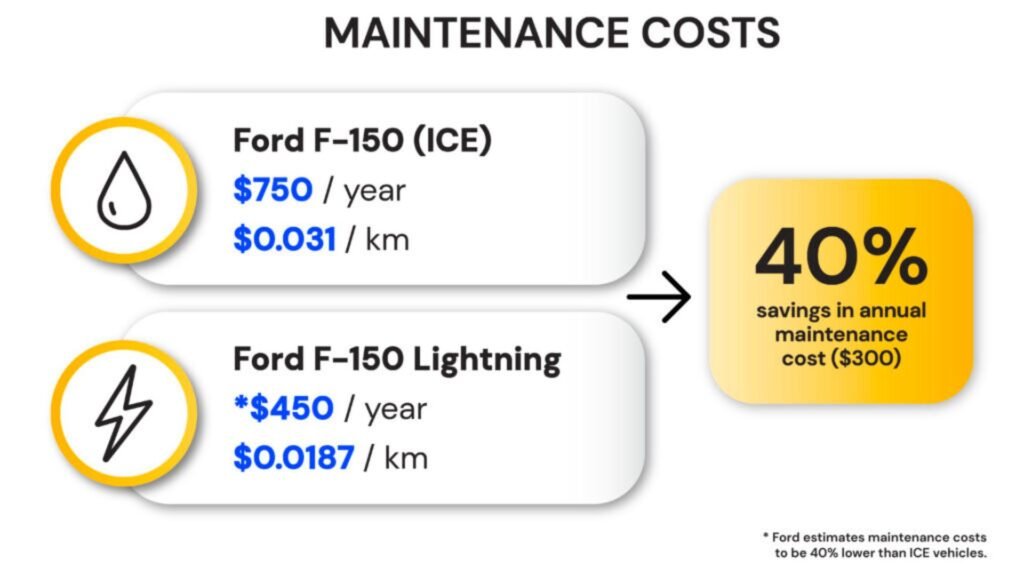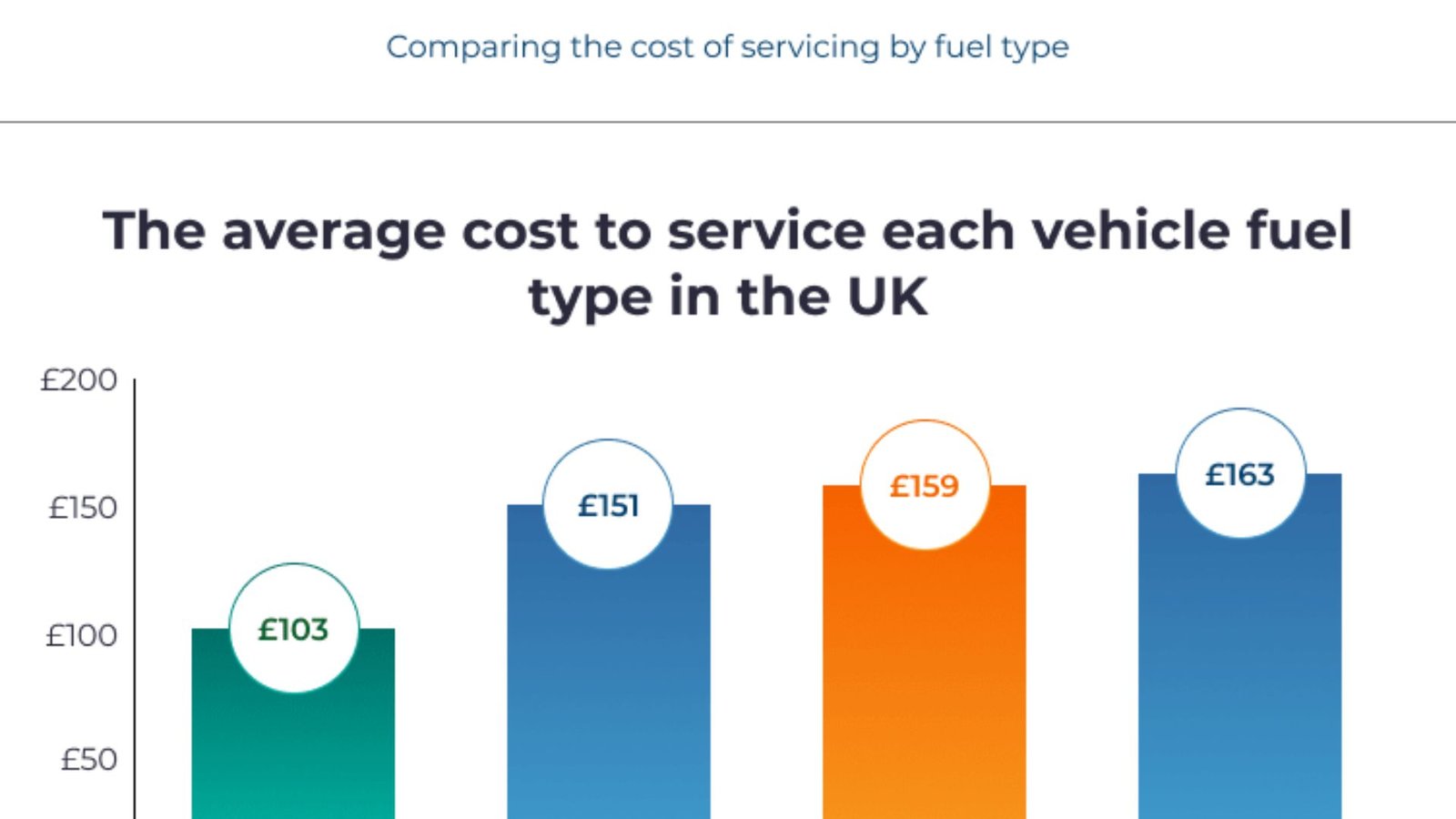Cost Comparison for EV Maintenance
When considering an electric vehicle (EV), one important factor to evaluate is the cost of maintenance. Many people are attracted to EVs due to their environmental benefits and the promise of lower running costs. But how do EV maintenance costs compare to those of traditional gasoline-powered vehicles? Let’s explore the differences and uncover which type of vehicle is more cost-effective to maintain.

Maintenance Costs for Electric Vehicles
Electric vehicles are known for their simplicity and efficiency, which often translates to lower maintenance costs compared to traditional vehicles.
Fewer Moving Parts
One of the main advantages of electric vehicles is their reduced number of moving parts. Unlike internal combustion engines, which have many components that wear out and require regular servicing, EVs have fewer mechanical parts. This means less frequent repairs and lower maintenance costs.
No Oil Changes
Electric vehicles do not require oil changes because they don’t have internal combustion engines. This eliminates a recurring expense that is necessary for gasoline-powered vehicles. Traditional vehicles need regular oil changes to keep the engine running smoothly, which can add up over time.
Less Brake Wear
EVs often use regenerative braking, which helps to slow down the vehicle by converting kinetic energy back into electrical energy. This process reduces the wear on the traditional braking system. As a result, EVs typically experience less brake pad wear and require less frequent brake replacements.
Cooling System Maintenance
While EVs do have cooling systems, they are generally simpler than those found in gasoline vehicles. The cooling systems in EVs primarily manage the temperature of the battery and electric motor. These systems tend to be less complex and require less maintenance compared to the cooling systems of internal combustion engines.
Maintenance Costs for Traditional Gasoline Vehicles
Traditional gasoline vehicles have different maintenance needs and associated costs.
Engine Maintenance
Gasoline engines have many moving parts, including pistons, valves, and camshafts, all of which can require regular maintenance. This includes oil changes, filter replacements, and engine tune-ups. Over time, these expenses can add up, making engine maintenance a significant cost for traditional vehicles.
Transmission Service
Traditional vehicles often require transmission fluid changes and servicing. Transmissions in gasoline vehicles can be complex and may need repairs or replacements, especially as they age. These services can be costly and are not typically required for electric vehicles.
Exhaust System Repairs
Gasoline vehicles have exhaust systems that can require maintenance or repairs over time. Components like the catalytic converter and muffler can wear out and need replacement. Electric vehicles, having no exhaust system, do not face these maintenance costs.
Factors Influencing Maintenance Costs
Several factors can influence maintenance costs for both electric and traditional vehicles.
Driving Habits
Your driving habits play a significant role in maintenance costs. Frequent short trips can lead to more wear on brakes and tires, while long highway drives can result in engine strain. For EVs, driving habits can affect battery health and tire wear.
Vehicle Brand and Model
The brand and model of the vehicle can also impact maintenance costs. Some brands offer more affordable parts and services than others. Additionally, luxury or high-performance vehicles may have higher maintenance costs due to more expensive parts and specialized servicing.
Warranty Coverage
Warranty coverage can significantly affect maintenance costs. Many electric vehicles come with extensive warranties that cover battery and powertrain issues. Similarly, traditional vehicles often come with warranties, but the scope and duration can vary. It’s important to review warranty details to understand what maintenance and repairs are covered.
Long-Term Cost Savings
While the initial purchase price of an electric vehicle may be higher than that of a traditional vehicle, the long-term maintenance costs can be lower. The absence of oil changes, reduced brake wear, and fewer moving parts contribute to lower overall maintenance expenses.
Fuel Savings
In addition to maintenance savings, electric vehicles offer significant fuel cost savings. Electricity is generally cheaper than gasoline, and EVs are more energy-efficient. Over time, these savings can contribute to a lower total cost of ownership.
Resale Value
Electric vehicles are becoming increasingly popular, which can positively impact their resale value. Many EVs retain their value well due to their lower maintenance costs and growing market demand. Traditional vehicles, particularly those with high maintenance costs, may not have the same level of resale value.
Conclusion
In conclusion, electric vehicles generally offer lower maintenance costs compared to traditional gasoline-powered vehicles. With fewer moving parts, no need for oil changes, and reduced brake wear, EVs can lead to significant savings over time. While the initial purchase price of an EV may be higher, the long-term benefits, including lower maintenance and fuel costs, make them an attractive option for many drivers. By understanding the cost comparison for EV maintenance, you can make a more informed decision about whether an electric vehicle is the right choice for you.

